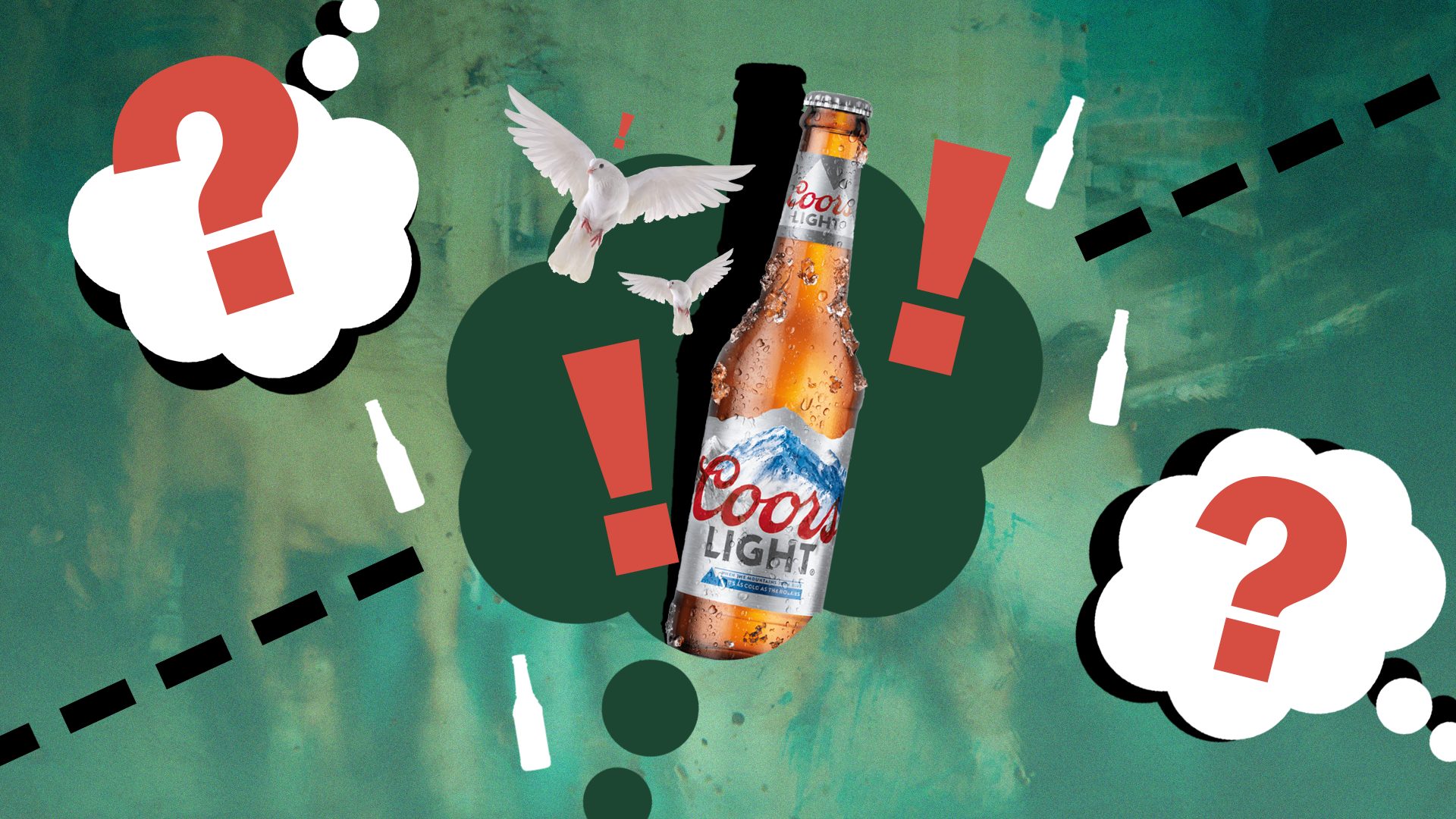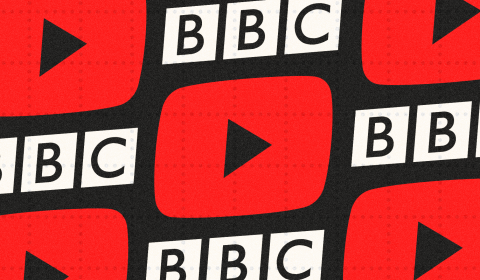In a recent ad campaign, beer company Coors attempted to infiltrate unconscious minds with ‘refreshing dreams’ of its beverages. A cohort of dream doctors is now calling for an end to the practice before it takes off.
Soon, a once relaxing nap may not be enough to escape the infamous Go Compare opera man, or Muller’s nauseating ‘rice, rice, baby.’
Anyone who watches the Super Bowl knows that spectators don’t require much encouragement to drink. Nevertheless, that didn’t stop beer company Coors from going above and beyond with its partnered ad campaign earlier this year.
It’s the worst kept secret that commercials are filled with subversive messages, but Coors has taken the principal to a whole new level by audaciously attempting to hijack people’s dreams. Anyone else picturing a corporate Freddy Krueger?
As part of its Super Bowl campaign, the company encouraged people to play a short online video before bed followed by an eight-hour ‘scoundscape’ through the night. Coors hoped that this ritual would prompt ‘refreshing dreams’ of its beers in the noggins of suggestible consumers.
COORS LIGHT's SUPER BOWL Ad Is Designed to Play in Your Dreamshttps://t.co/ye5lIb6jX1 pic.twitter.com/zI6tS0252b
— ComicBook NOW! (@ComicBookNOW) January 28, 2021
It’s unclear how many took part in the process and whether or not it even worked, but experts have warned that – gimmick or not – Coors may have opened the door to a troubling future for advertising.
Speaking on the cognitive trick officially known as ‘targeted dream incubation,’ Harvard neuroscience professor Bob Stickgold stated, ‘They’re trying to push an addictive drug on people who are naïve to what’s being done to them. I don’t know if it can get much worse than that.’
‘Anything you could imagine an advertising campaign for, at all, could arguably be enhanced by weaponising sleep.’




















